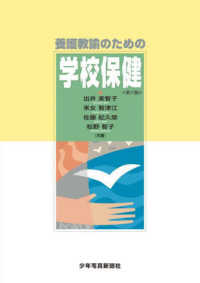Full Description
color: black;"> inequalities on social welfare arising from private tutoring, this book will make it possible to systematically and more precisely assess the current situation of educational inequalities in Japan caused by private supplementary education and its welfare evaluation.







